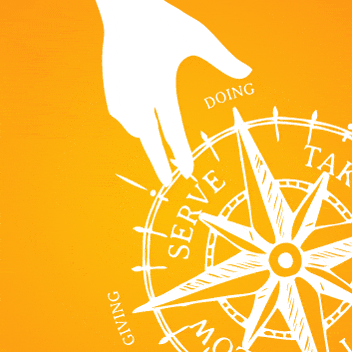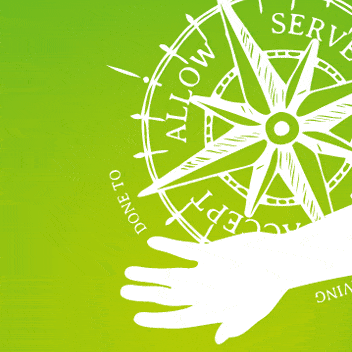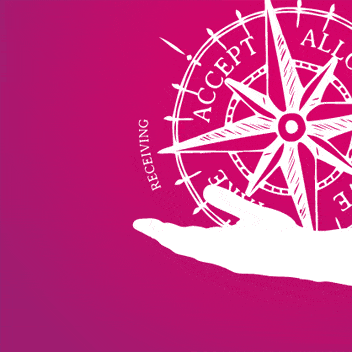
Why it’s good to take
When you hear the word ‘take’ what do you notice it brings up in you?
For many people it can feel like an uncomfortable word.
Taking often brings to mind invasive or aggressive behaviour. Getting something by whatever means necessary – which usually also means without consent.
Most of us have regularly experienced taking as meaning others stealing, or sneaking from us, or as something we’ve had to endure.
Just think of how many hugs you’ve put up with because the other person gave you no choice before putting their arms around you… and that’s just the tip of the iceberg!
Why it can feel easier to avoid taking
If what I’ve described above is the only reference you have for what taking means then of course it’s going to be a terrifying (or at least uncomfortable) to think about taking something for yourself
Because who wants to end up being seen as a perpetrator!
So it often just feels easier to avoid taking things altogether (even consentingly) and to try and find other ways to get your needs met.
Many people try to give more as a way to do this but there’s only so far that will get you – ultimately, in order to resource yourself fully you need to receive too (learn why receiving more can help you get more generous with your giving).
And taking is a form of receiving. Taking (with consent) can be a healthy thing – identifying your needs, and then taking action to meet them; nourishing yourself by listening to and responding to your desires.
How can the Wheel help you take with more integrity?
If you want to be sure you stop taking advantage of others the Wheel Of Consent is a great tool to help shift taking away from a sense of greediness, or grabby-ness, by creating a version of taking where there’s a clear distinction between what’s been agreed, and what hasn’t.
Once you understand there’s a difference between taking with agreement, versus taking without agreement, suddenly it becomes more possible to take without the risk of hurting someone else, or taking too much.
And when you learn how to create clear agreements about what you take it makes you much more trustworthy, and brings integrity to your actions.
Stop taking advantage, and develop healthy taking habits
If you want to stop others taking advantage of you (or you want to make sure you don’t take advantage or others) here are some tips.
There are plenty of different ways that taking consentingly can look, but all of them involve the other person giving you access to themselves in some way.
This could be access to someone’s body or physical possessions:
How to do it: Instead of just doing something without asking, you could try saying: ‘I feel really touch deprived at the moment, may I wrap my arms around you and cuddle for a while?’; or ‘Those apples on your tree look delicious may I come over and pick some?’
Or you might take up space, or time – getting the benefit of someone else’s attention for a while. This kind of witnessing can be one of the most powerful forms of validation and even healing.
How to do it: Rather than launching into a rant about your boss while you’re hanging out with a friend, why not try asking: ‘I’ve had a really hard day at work – would you be willing to listen while I let off some steam about my boss?’
Making clear requests is the key
When you make a clear request to someone about something you want from them, then it gives them a chance to figure out if that’s something they’re willing (or able) to give you and how that might happen.
Maybe they’re not up for a hug right now but they will be later. Maybe they’re willing to listen to you rant about your boss but they only have capacity to do it for 5 minutes.
Creating clear agreements brings choice to both of you, and means that no-one will end up feeling taken advantage of, or putting up with something they’re not up for!
Want my help to improve your healthy taking skills? Check out my Meet Your Needs coaching sessions.
The quadrants
Each quadrant in the Wheel Of Consent creates a different experience and teaches you something different about yourself. Learn more about each one:
Enjoyed reading this?
If you've found this page helpful you can get more tips and resources for better relating straight to your inbox. Sign up here and get my free How To Be Heard guide to start you off:
Explore more:
A simple approach to consent and boundaries
If you feel overwhelmed by the idea of consent and boundaries here are some simple things to focus on which will make it easier to understand.
Read MoreWhy are we so scared of talking in the bedroom?
Talking in the bedroom is often viewed as ‘dirty’ or avoided completely. Find out why it’s time to change that narrative.
Read MoreGiving and receiving explained – 6 key ways to tell the difference
If you think giving and receiving don’t need to be explained you might be surprised by this handy guide that breaks down the differences
Read MoreEvents & courses
Learn To Touch – Supported Self Study Course
Online. Discover a whole new approach to touch that will change how you feel – literally! A short, affordable, practical guide you can learn in less than an hour a day.
Read More







